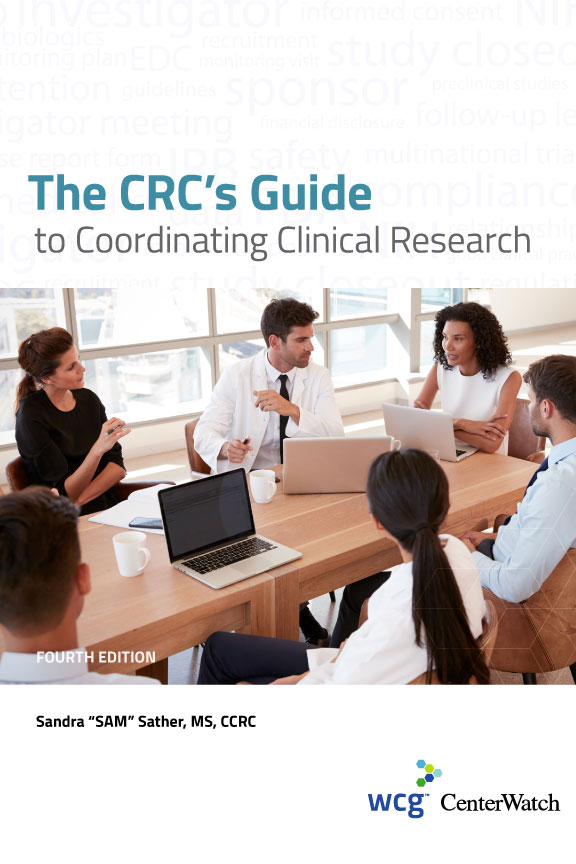October 2006 – The CenterWatch Monthly : Volume 13, Issue 10, October 2006
Product Details
Adaptive Designs Taking Hold
The use of adaptive clinical trial designs has the potential to reduce the size, length and cost of clinical trials. These innovative protocol designs can also reduce the amount of time patients are exposed to the harmful side effects of ineffective treatments. Results gleaned from such studies can be more informative in planning for future trials and may ultimately lead to a shortening of the drug development process. The definition of a successful adaptive trial design is one that allows modifications to a study protocol after its initiation based on accumulating data, but without undermining the validity and integrity of the trial. Despite its obvious potential benefits, the technique has many challenges ahead and is not without controversy. The changes ahead will no doubt create new challenges for the entire industry, including investigative sites, data safety monitoring boards (DSMBs), and CROs.
Drug Research Reform Efforts Explored
The mainstream press continues to focus on any scandal, or whiff of controversy, in the drug development process. Sponsors, CROs and stakeholders in drug research should be aware of how regulators and ethicists may want to change the way they conduct research. Academia and bioethicists have been promoting proposals that could radically change the ways drugs are developed. However, some of the proposals are far-fetched and have little chance of being adopted.
Vienna School of Clinical Research Trains PIs in China
The Vienna School of Clinical Research (VSCR) has run five courses for potential principal investigators in China this summer in the areas of publication in international medical journals, GCP, protocol design and development, and ethical aspects of clinical research. VSCR was founded in 2001 to raise the level of professionalism in clinical research, especially in Central and Eastern Europe and developing countries.
Eye On: Breast Cancer
Breast cancer is the second most frequently diagnosed cancer in women after nonmelanoma skin cancer, and the second leading cause of cancer deaths after lung cancer. According to the American Cancer Society, estimated U.S. incidence in 2006 is 214,640 new cases and 41,430 deaths from breast cancer. The World Health Organization estimates that there will be 1.2 million diagnoses of breast cancer this year worldwide. During her lifetime, a woman's chance of developing invasive breast cancer is approximately 1 in 8.
- Month in Review
- In the Pipeline
- Opportunities Underway
- TrialWatch
